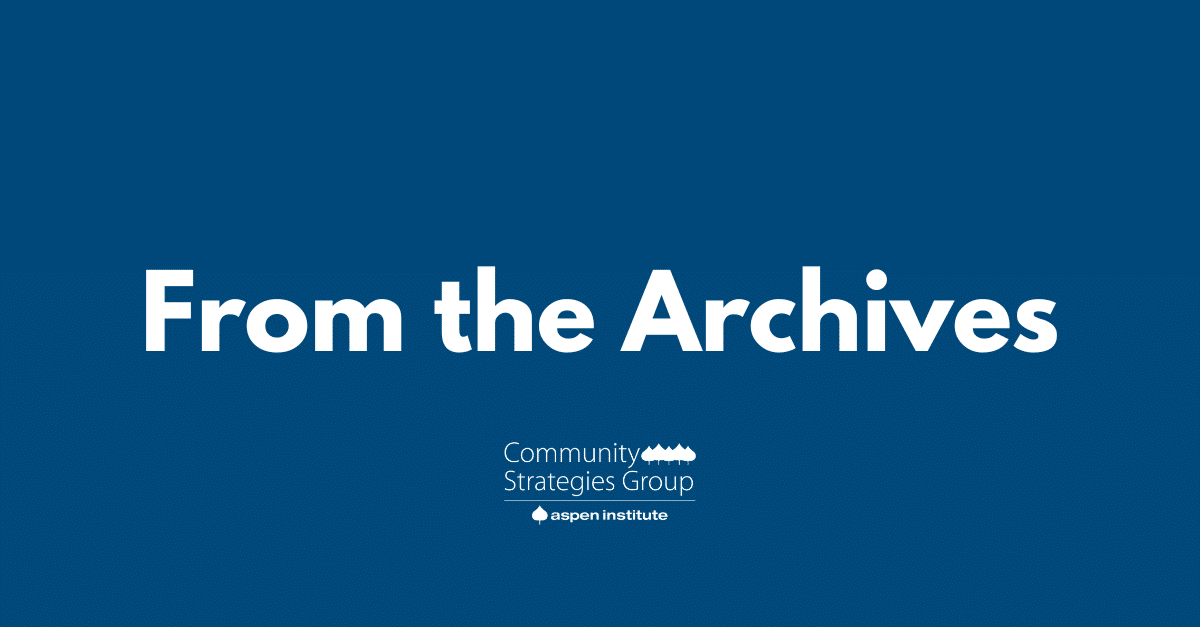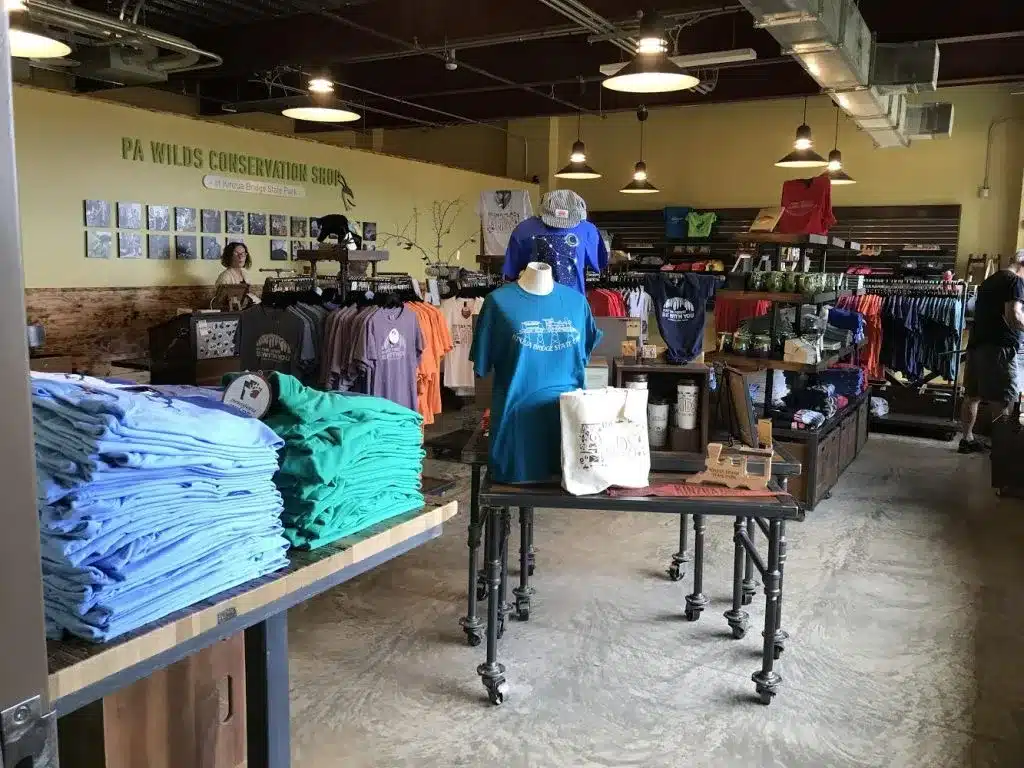View this Publication
This report, “Pioneers of Progress: Policy Entrepreneurs and Community Development, Volume One,” examines the role of non-governmental organizations in shaping state economic development policy in the U.S., particularly in the early 1990s. The report highlights that states are facing significant challenges in bolstering their economies due to global shifts, requiring new approaches to economic and human resource development. It argues that a new breed of “pioneers” – including citizen groups, business alliances, universities, quasi-public corporations, and foundations – are becoming crucial in reinventing state development policy.Key themes and findings include:
- Evolution of Development Strategies: The report traces the shift from “smokestack chasing” (recruiting out-of-state manufacturing plants) to a “second wave” focused on building local “competitive capacities” (improving workforce skills, capital, technology). It then introduces a “third wave” approach, which emphasizes integrating social problems with economic development, fostering collaboration between sectors, ensuring urban/rural equity, and regenerating communities in both economic and human dimensions.
- The Role of Pioneers: These organizations act as catalysts, change agents, and policy entrepreneurs, helping states adapt to new economic realities. They fill a leadership void left by the decline of traditional “old-boy networks” and can experiment and risk failure in ways governments cannot.
- Types of Pioneer Leadership: The study identifies two primary responses to policy issues: Advocates (promoting specific agendas for a constituency) and Consensus-Builders (bringing diverse groups together). Consensus-Builders are further categorized into Convenors (providing forums), Catalysts (stimulating action), and Doers (with the resources and power to implement change).
- Organizational Structures: Five models are explored: citizen groups, business groups, foundations, quasi-public organizations, and university-based groups, each with distinct strengths and challenges regarding funding, influence, and community connection.
- Case Studies: The report provides overviews of 27 pioneer groups across various states (Arkansas, Colorado, Indiana, Mississippi, and other nationally recognized groups in Kansas, Maine, North Carolina, Minnesota, and Pennsylvania), detailing their origins, governance, financing, agendas, and impact. Examples include the Winthrop Rockefeller Foundation (Arkansas), The Colorado Trust, the Indiana Economic Development Council, Mississippi Action for Community Education (MACE), and the Allegheny Conference on Community Development (Pittsburgh).
The report concludes that pioneers are vital “mediating institutions” that can bridge the gap between state policymakers and grassroots communities, ultimately leading to more effective economic growth and enhanced civic culture.








